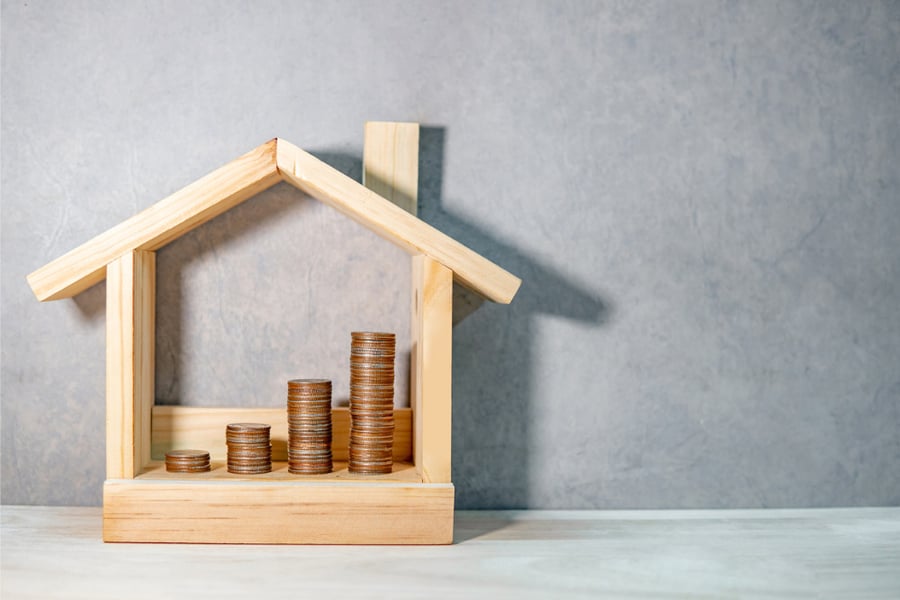But not everyone in the industry is convinced

Recent claims from NSW Treasury that the abolition of stamp duty and the creation of an annual property tax in its place could increase property sales by 50% has met with some skepticism from within the industry.
According to REINSW CEO Tim McKibbin, the possible surge in property transactions touted by the state government is difficult to accurately gauge given the lack of localised data available.
“I think it’s a very bullish claim to suggest that sales are going to go up by 50%,” he told MPA. “I have to say I’m quite skeptical about that claim.”
He pointed to the fact that property across the country has been subject to stamp duty for several decades, whereas an annual property tax would be quite a new phenomenon. Unsure where the Treasury’s analysis has come from, he said it was possible the modelling was based on overseas data. In any case, a 50% increase is, “in anybody’s language, an incredible rise in sales,” he said.
Read more: What stamp duty changes could mean
NSW Treasurer Dominic Perrottet recently told the Australian Financial Review that stamp duty in its current form was an “impediment” to property turnover.
“We want the people of NSW to have the freedom to move and live where they want and when they want, whether to buy their first home or to move closer to schools or work,” he said.
According to social research firm McCrindle Research, the average tenure in a home is now just 3.3 years, reported the Fin Review.
But McKibbin said this didn’t take into account everybody in the market. Retirees who wish to downsize currently face the upfront cost of stamp duty, but if an annual property tax was brought in to replace this, they would face an ongoing cost instead.
“If they stay where they are, then they don’t have to pay any tax,” he said. “We have people in properties that don’t respond to their current needs, but they are going to stay there. Stamp duty or property tax is not providing any incentive to move.
“What we have said previously is that to get these people to move from one property to the other they should be given a stamp duty relief, similar to what first home buyers get, a one-off opportunity to move out of their property.
“We have to look at the market holistically rather than just looking at first home buyers - a person who is at the stage where they are just about to get on to the property ladder and move up.”
Read next: What you should know about reverse mortgages
He said he couldn’t say whether the proposed change would push up property prices, but he hinted that this could be the case due to a reduction in entry costs.
Buyer’s agent and author of Positively Geared Lloyd Edge told MPA he believes the proposed stamp duty change would lead to a 30-35% increase in property transactions, rather than the 50% touted by the state treasury.
“I think there’s going to be a short-term hike in sales,” he said. “At the moment we’ve got a shortage of stock but with those changes coming in there will more people listing their property and the markets are going to be busier.”
This could bring the current boom to a halt over the short term as supply better meets demand, he added. But following this, prices will continue on their upward trajectory.
He also said that property investors would have more incentive to transact given the ability to claim the annual property tax against their income tax.
“There’ll definitely be a jump in investor activity,” he said. “Investor activity started to slow down a bit last year for various reasons. I think investor activity is going to be a lot more prevalent should this come in.”



